DALLAS — With a significant fleet renewal plan, the Abra Group has recently returned to the forefront, confirming a bold strategy: modernizing its short- and medium-haul jets while preparing to increase long-haul capacity. This strategy is reshaping competition on intra-American and European routes by this major Latin American airline group.
ABRA Group
With more than 300 aircraft, +150 routes across Latin America, and a combined market footprint covering economies worth US$2.7 trillion in GDP, the Abra group stands among the region’s most influential airline holdings. Formed through a 2022 agreement between the principal shareholders of Avianca and GOL, Abra connects Latin America with Europe through an extensive network operated under complementary brands.
The holding also provides a shared platform for the operating airlines to reduce costs further, achieve greater economies of scale, continue to operate a state-of-the-art fleet of aircraft, and expand their routes, services, product offerings, and loyalty programs.
While Avianca, GOL, and Wamos Air continue to operate under their own brands, teams, and cultures, they benefit from aligned ownership and shared efficiencies. The Abra Group still faces the challenge of harmonizing its fleets (training pilots to fly both Airbus and Boeing aircraft) and its operations across different regulatory environments, as South America lacks uniform regulations and instead has different rules in each country.
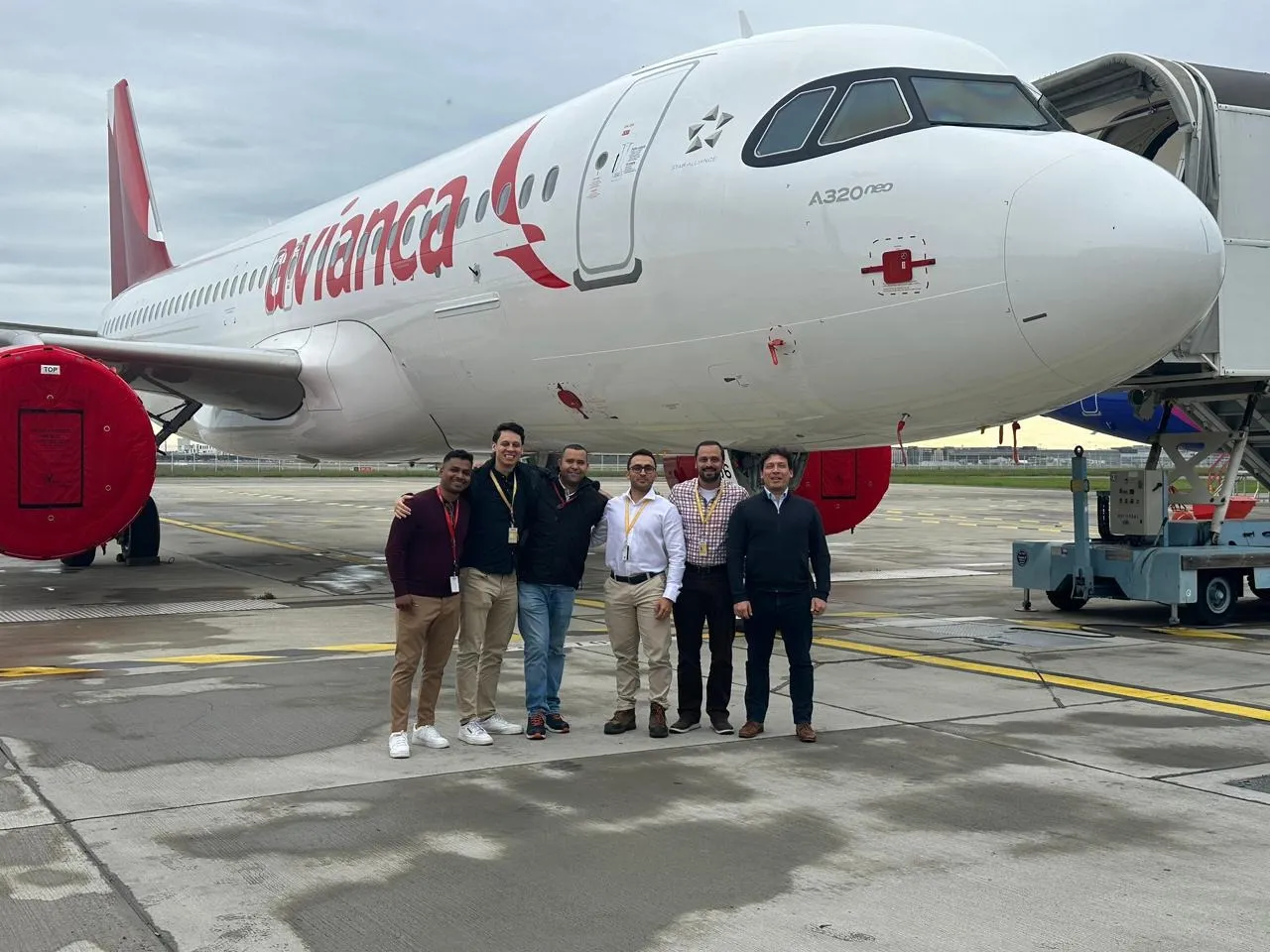
Aircraft Fleet Renewal Plan
In this context, the Abra group announced in October 2025 an ambitious fleet renewal, placing a large-scale order for 246 new aircraft, including 138 Airbus A320neo, 96 Boeing 737 MAX, five Airbus A350, and up to seven Airbus A330neo. This mixed order reflects Abra’s dual strategy of modernizing its short and medium-haul operations while strengthening its long-haul capabilities.
Focusing on the group’s flagship carrier, Avianca recently received its first A320neo featuring Airbus’s new Airspace cabin, part of the 138-aircraft order announced by the Group.
The Airspace cabin offers 60% more overhead bin space in the XL compartment for carry-on luggage compared to current cabins, along with dynamic LED lighting that adapts to each flight phase, and three rows of new premium seats in a two-by-two configuration, exclusively developed by Recaro for Avianca, a unique product in the region.
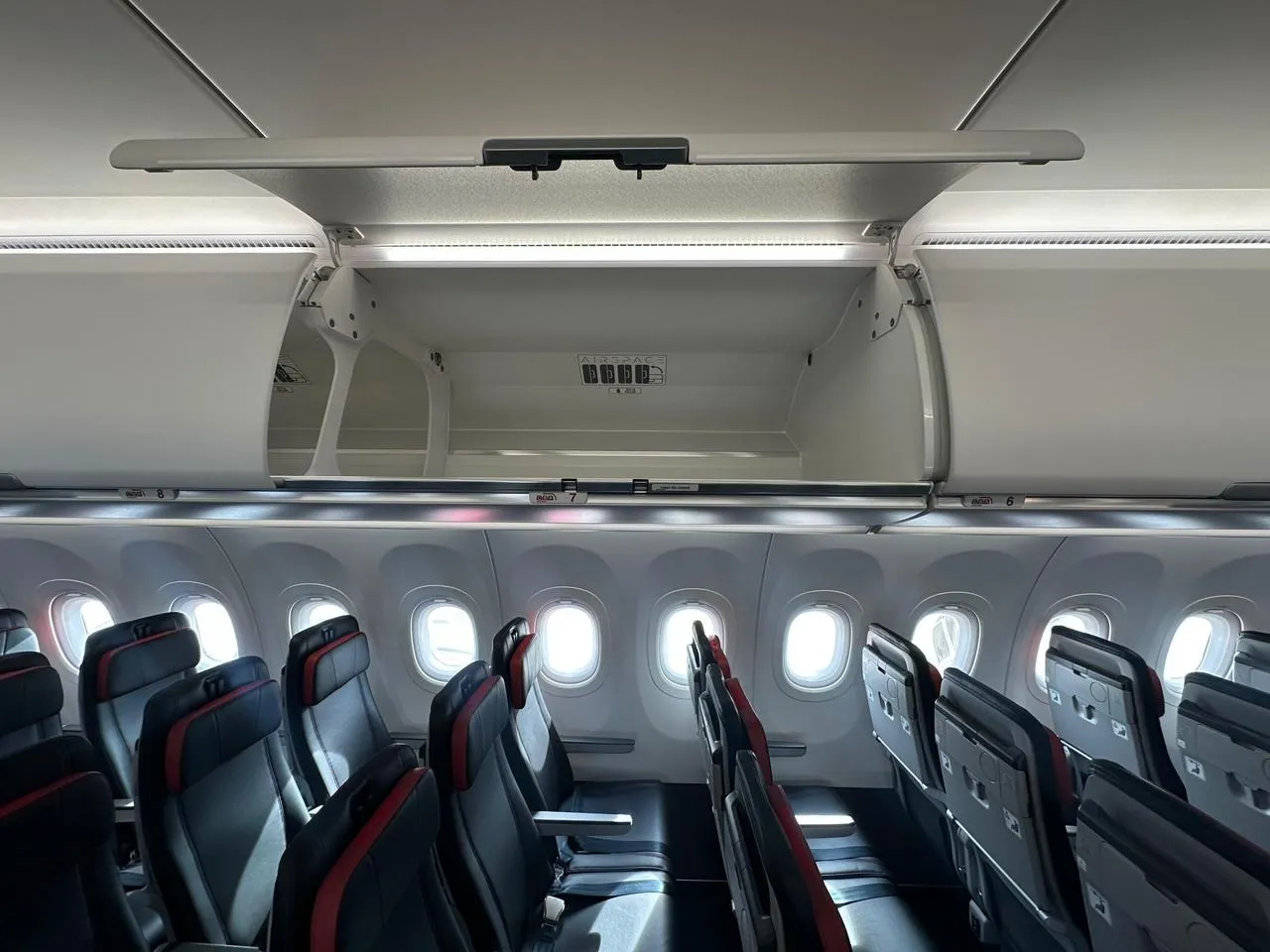

The arrival of this A320neo strengthens Avianca’s short- and medium-haul fleet and offers customers a renewed travel experience with this Airspace cabin. Beyond comfort, the A320neo aircraft provides significant reductions in fuel consumption and emissions.
This aircraft reinforces Avianca’s narrow-body fleet, which now totals 135 aircraft and is dedicated to operating short- and medium-haul routes. With this fleet, Avianca is serving more than 25 countries and 80 destinations across the Americas and Europe.
Airbus' Partnership with Abra Group
Since the late 1990s, Avianca has forged a strategic relationship with Airbus that has profoundly transformed its fleet and operational identity. After ordering its first A320 and A319 aircraft in 1998, the Colombian carrier gradually phased out its Boeing 757s and 767s jets in the early 2000s, becoming one of the first major Andean carriers to operate an all-Airbus fleet on its regional network.
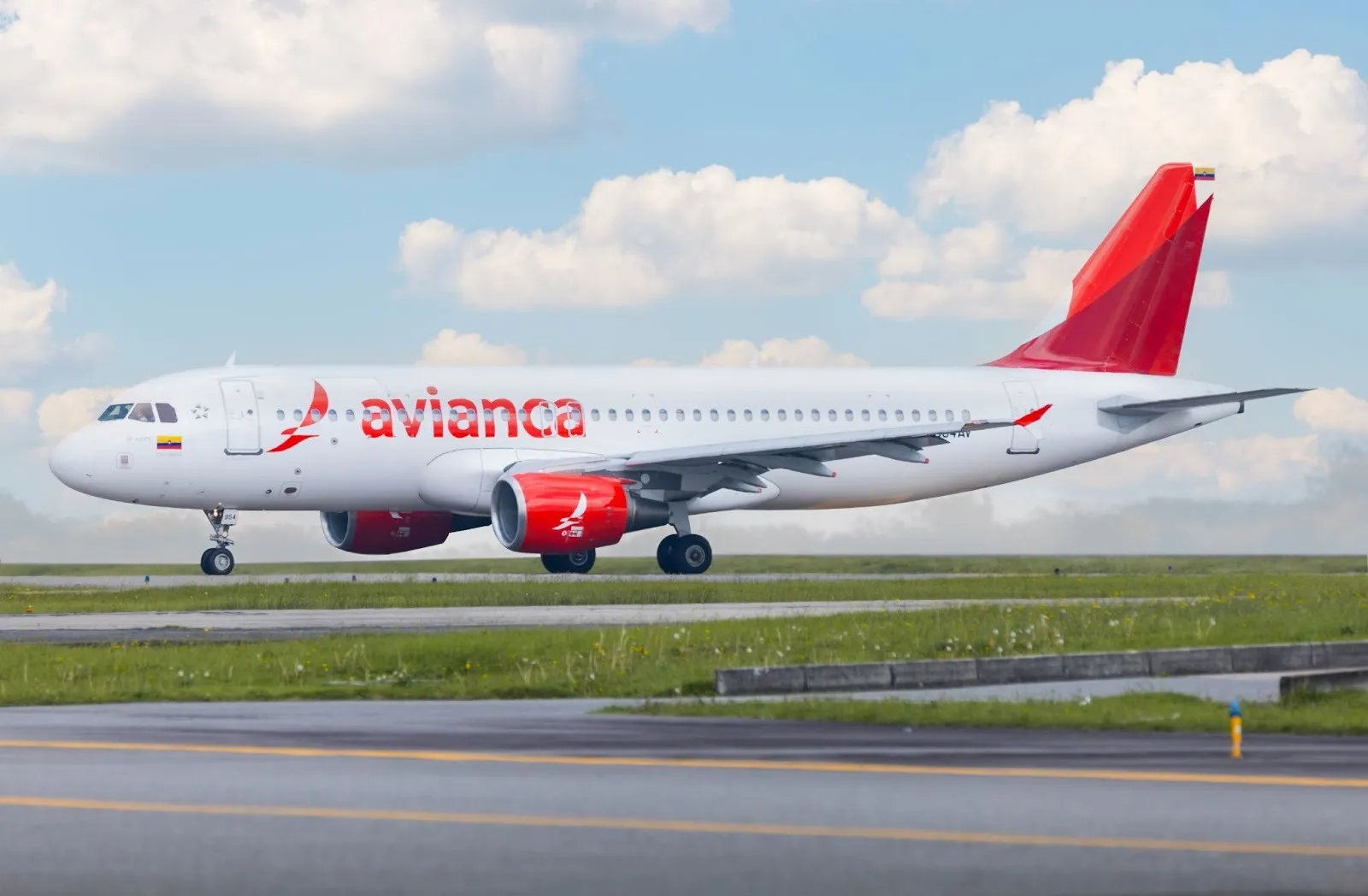
The introduction of the A330-200 in 2008, followed by the A330-200F for cargo, expanded Avianca’s transatlantic reach while reinforcing fleet commonality. Today, this long-standing partnership continues to evolve, reflecting Avianca’s enduring trust in the European manufacturer.
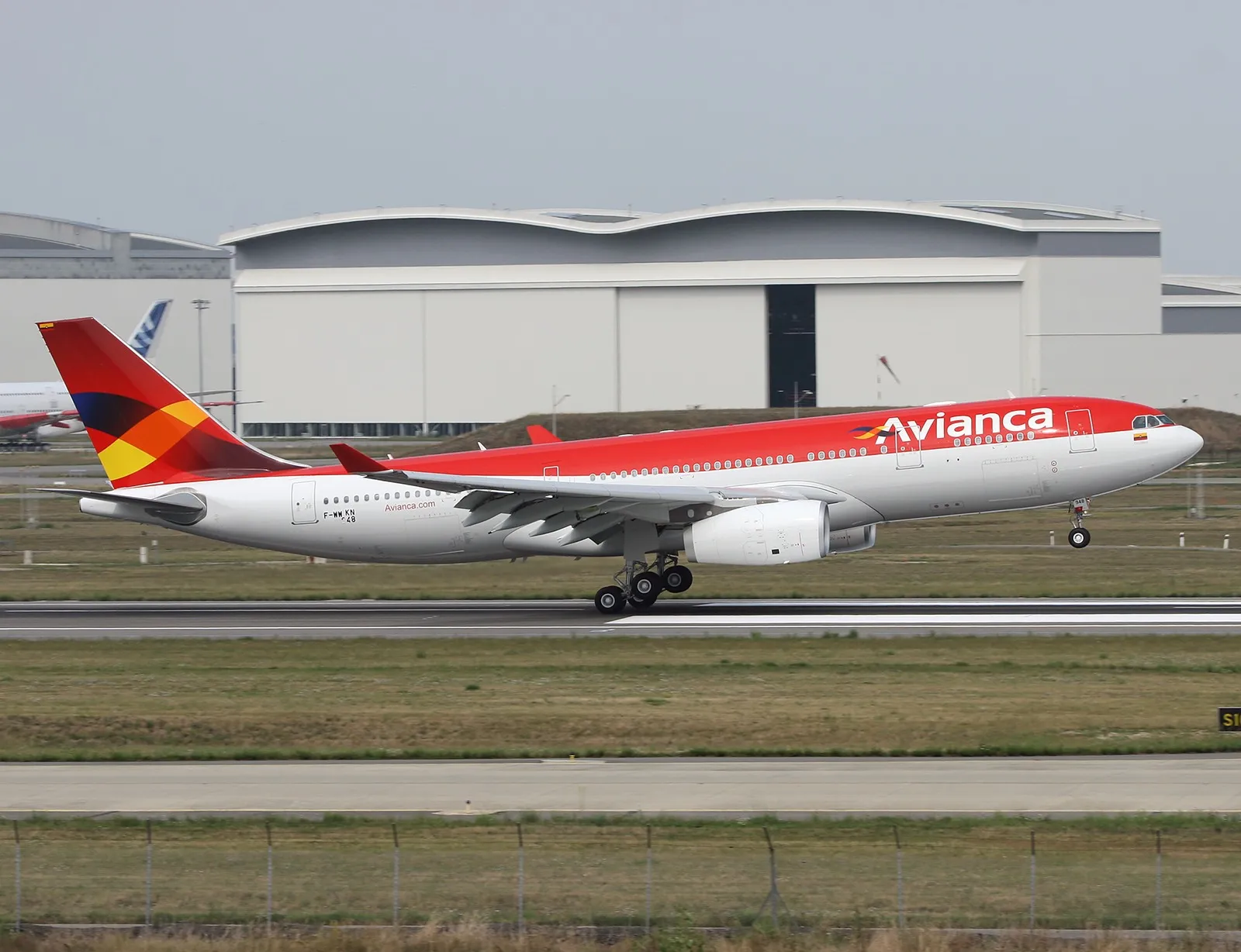
Wamos Air, the Abra Group's long-haul partner, complements this strategy. Founded in 2003, and initially operating a fleet of Boeing aircraft, began its transition in 2020 to an all-Airbus fleet, consisting of A330-200 and A330-300 aircraft, and soon A330-900 aircraft intended to operate for Avianca and LATAM under ACMI contracts.
Beyond Abra, Airbus’s presence across Latin America has grown remarkably, with more than 870 aircraft in service, 1,300 aircraft sold to 18 operators, and more than 450 aircraft in its logbook dedicated to this region. The A320 Family remains the most successful member of the family, accounting for around 70% of departures from high-altitude airports above 7,000 feet, where its performance advantage over the Boeing 737 remains decisive.
The return of Avianca to Toulouse to take delivery of its new A320neo with the Airspace cabin carries strong symbolism — marking the 25th anniversary of the airline’s first Airbus delivery and reaffirming the deep, historic bond between Avianca and Airbus.
Latin American Market
The Latin American and Caribbean market has a distinctive profile. In many countries, public transport infrastructure such as railways and highways remains underdeveloped, making air travel the only efficient way to connect major cities. This has led to one of the world’s most dynamic domestic air networks. According to Airbus, passenger traffic in the region is expected to almost double by 2044, growing at an average rate of 3.7%, creating demand for around 2,660 new aircraft.
Within this context, the Abra Group is well positioned to capture a share of this growth by modernizing its fleet and enhancing the passenger experience with the new Airspace cabin, while reducing operating costs through new-generation aircraft such as the A320neo and 737 MAX.
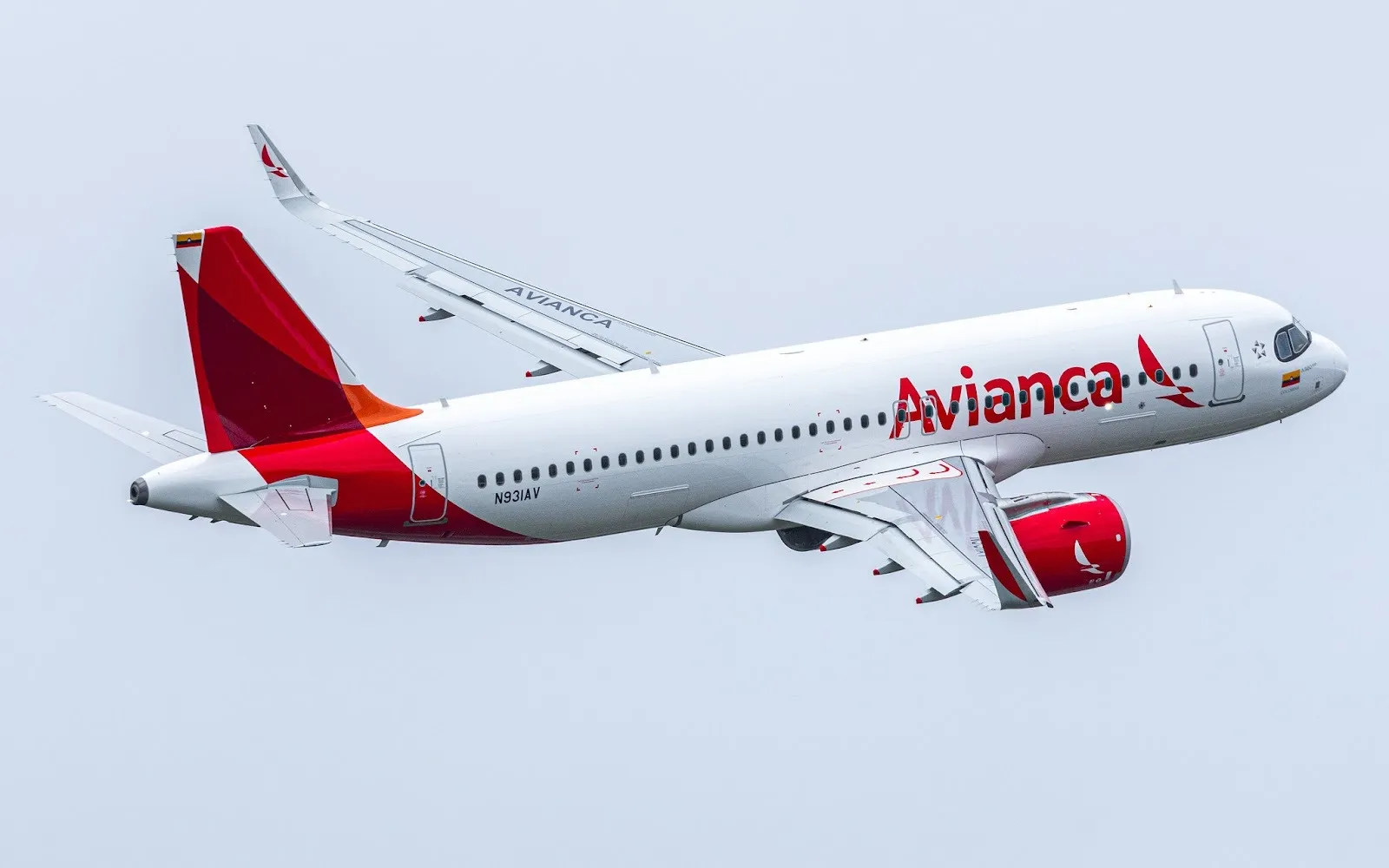
The substantial increase in domestic and point-to-point demand will sustain the need for single-aisle jets, while long-haul routes, particularly to Europe, will offer new opportunities. Aircraft manufacturers like Airbus and Boeing will play a crucial role in supporting this transformation, providing the technology that enables Abra to expand efficiently and sustainably.
As air traffic continues to grow across Latin America and the Caribbean, the Abra Group stands at the forefront of this transformation. By modernizing its fleet with new-generation single-aisle aircraft, such as the A320neo, and strengthening its historic partnership with Airbus, the group is positioning itself to capture the region’s growing demand for efficient, comfortable, and sustainable air travel.
This long-term strategy, combining operational optimization, fleet harmonization, and customer experience, reflects Abra’s ambition to become the benchmark in Latin American aviation for the decades to come.

.jpg)
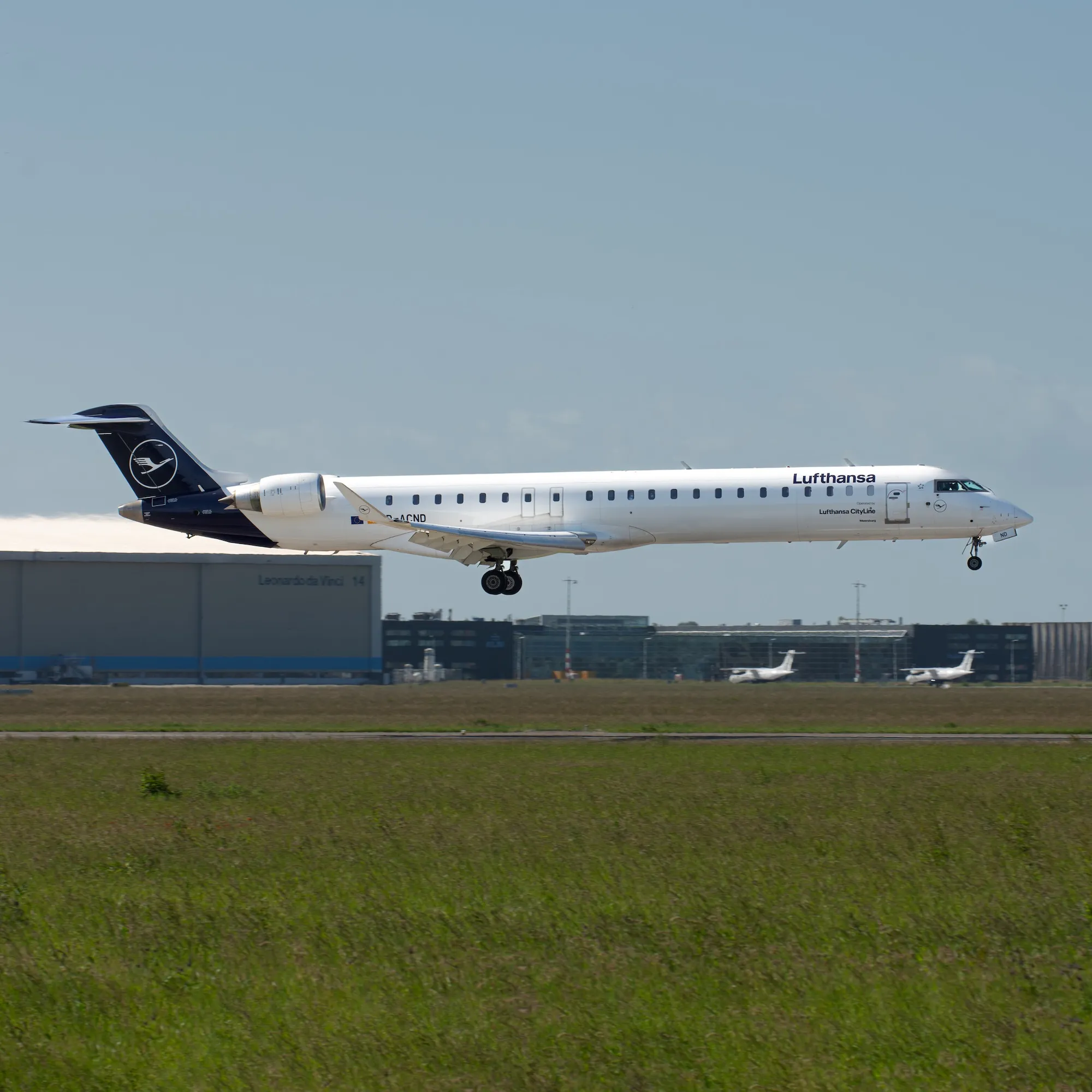
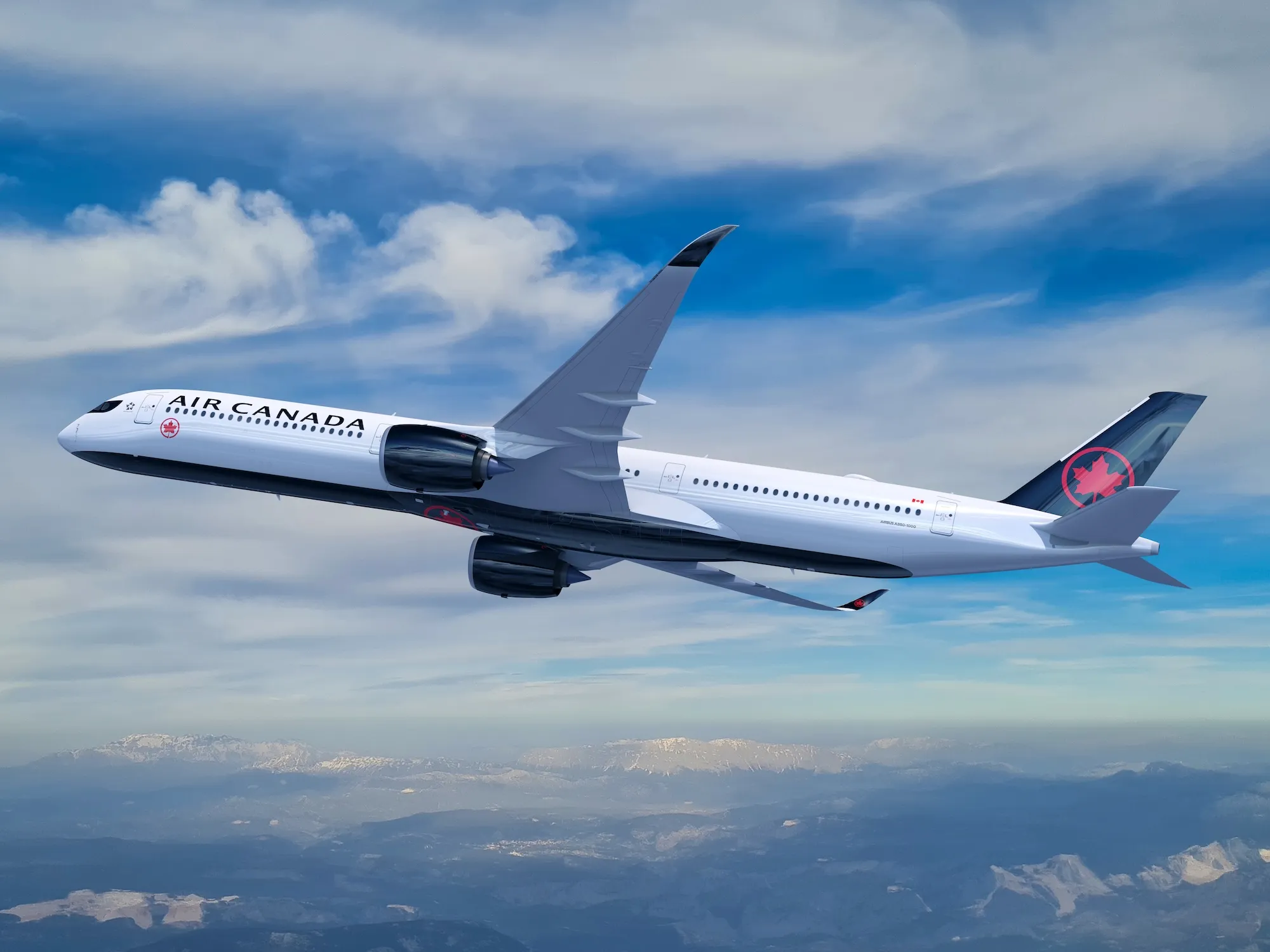
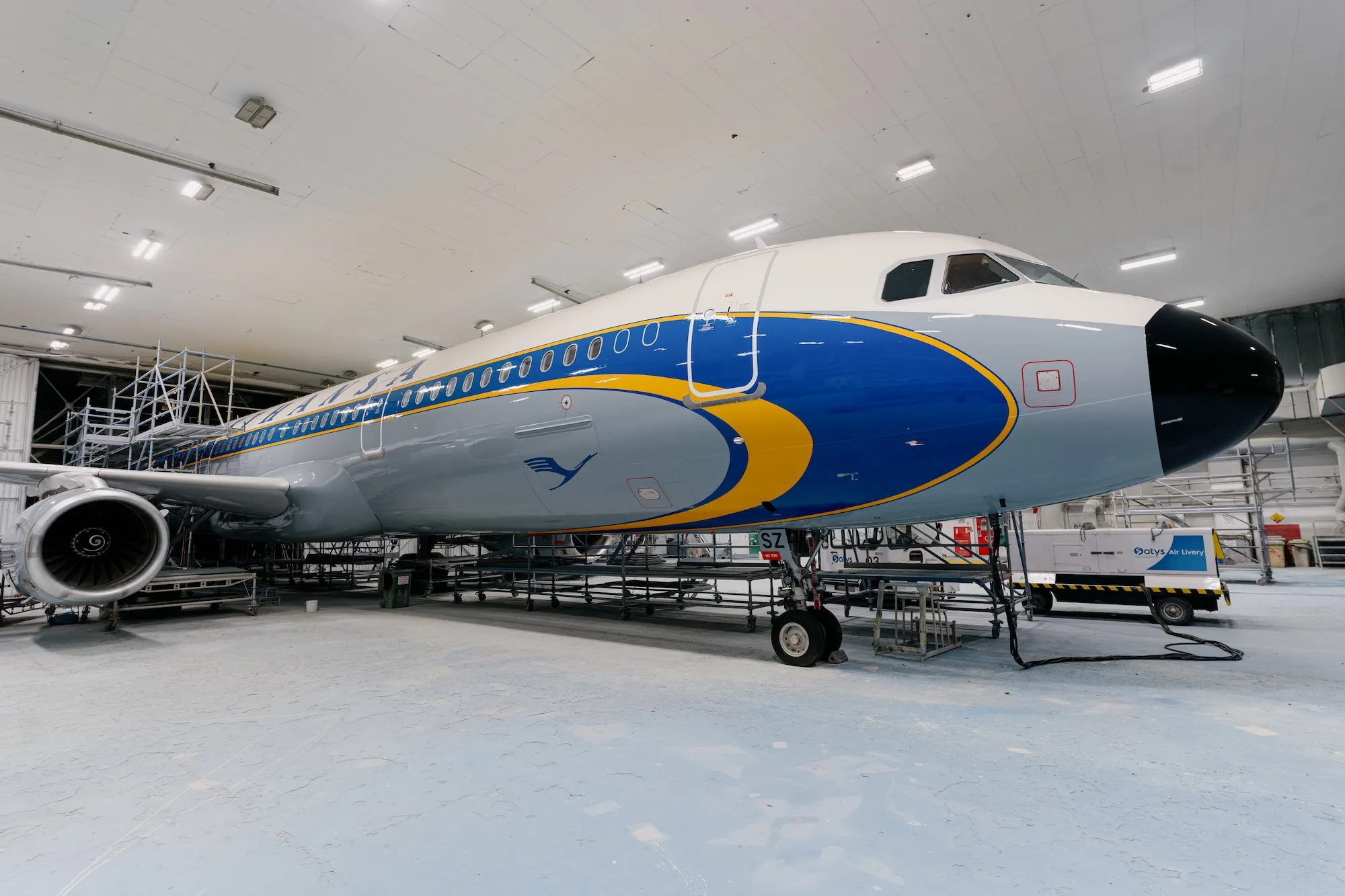
.webp)
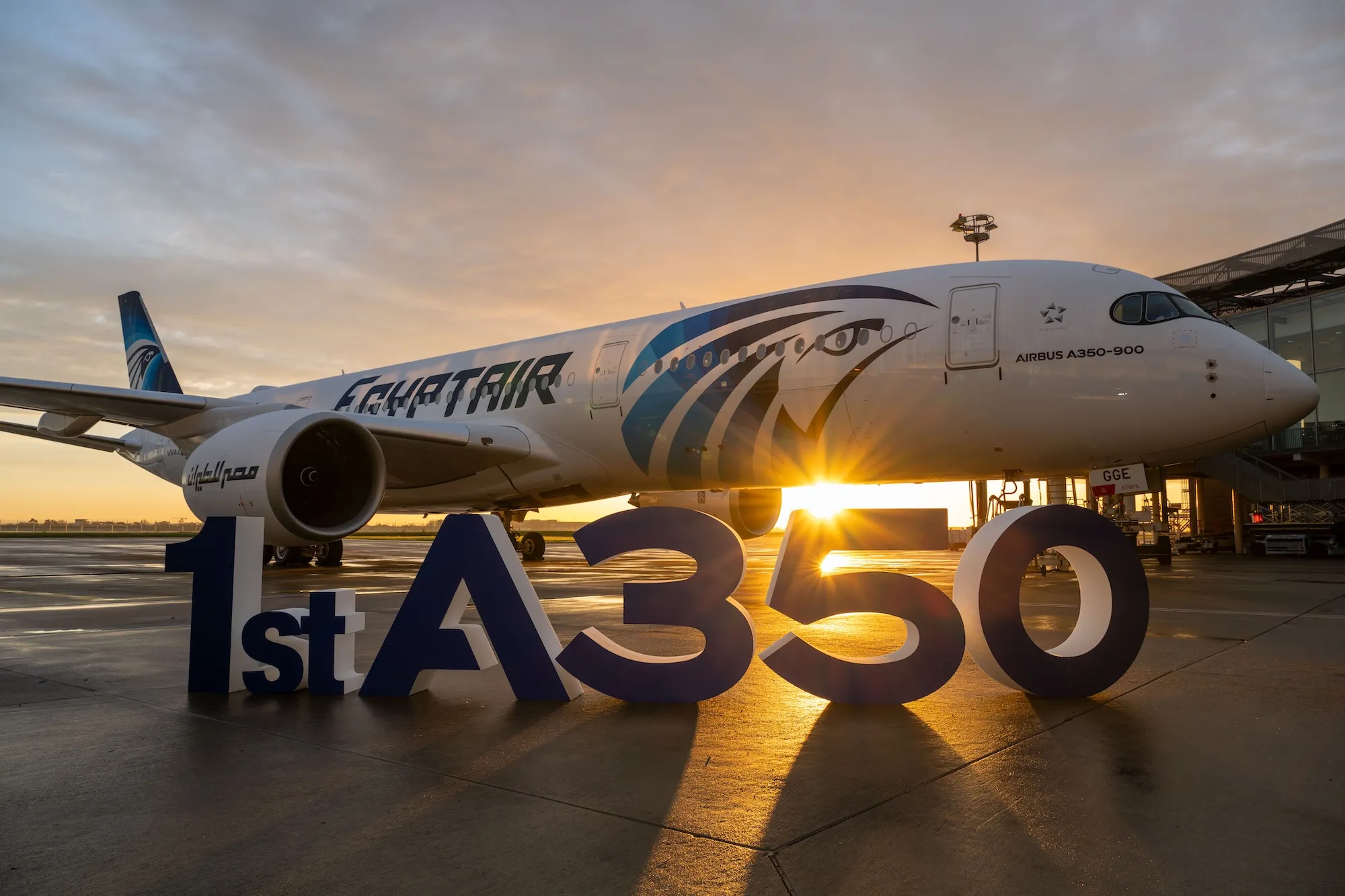
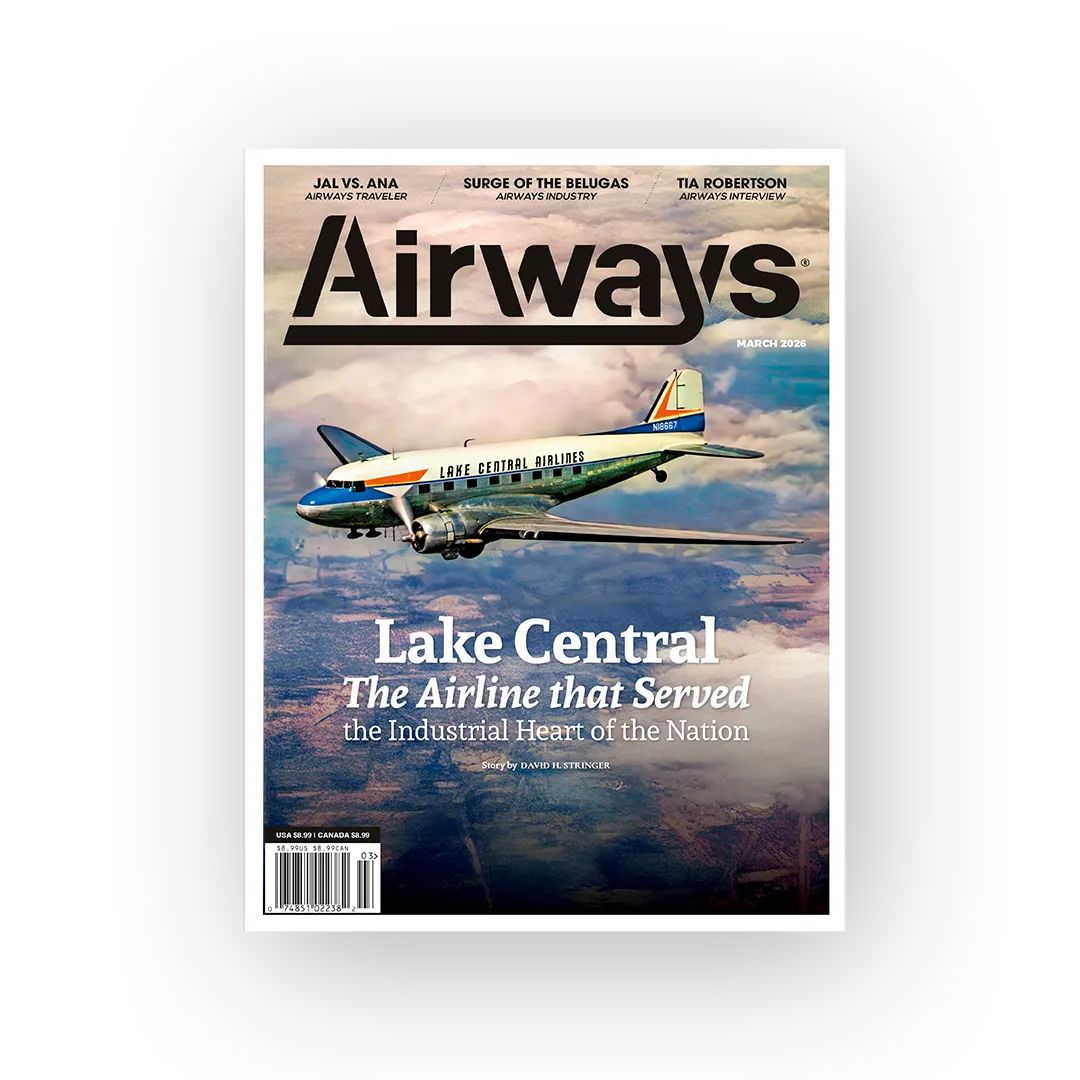

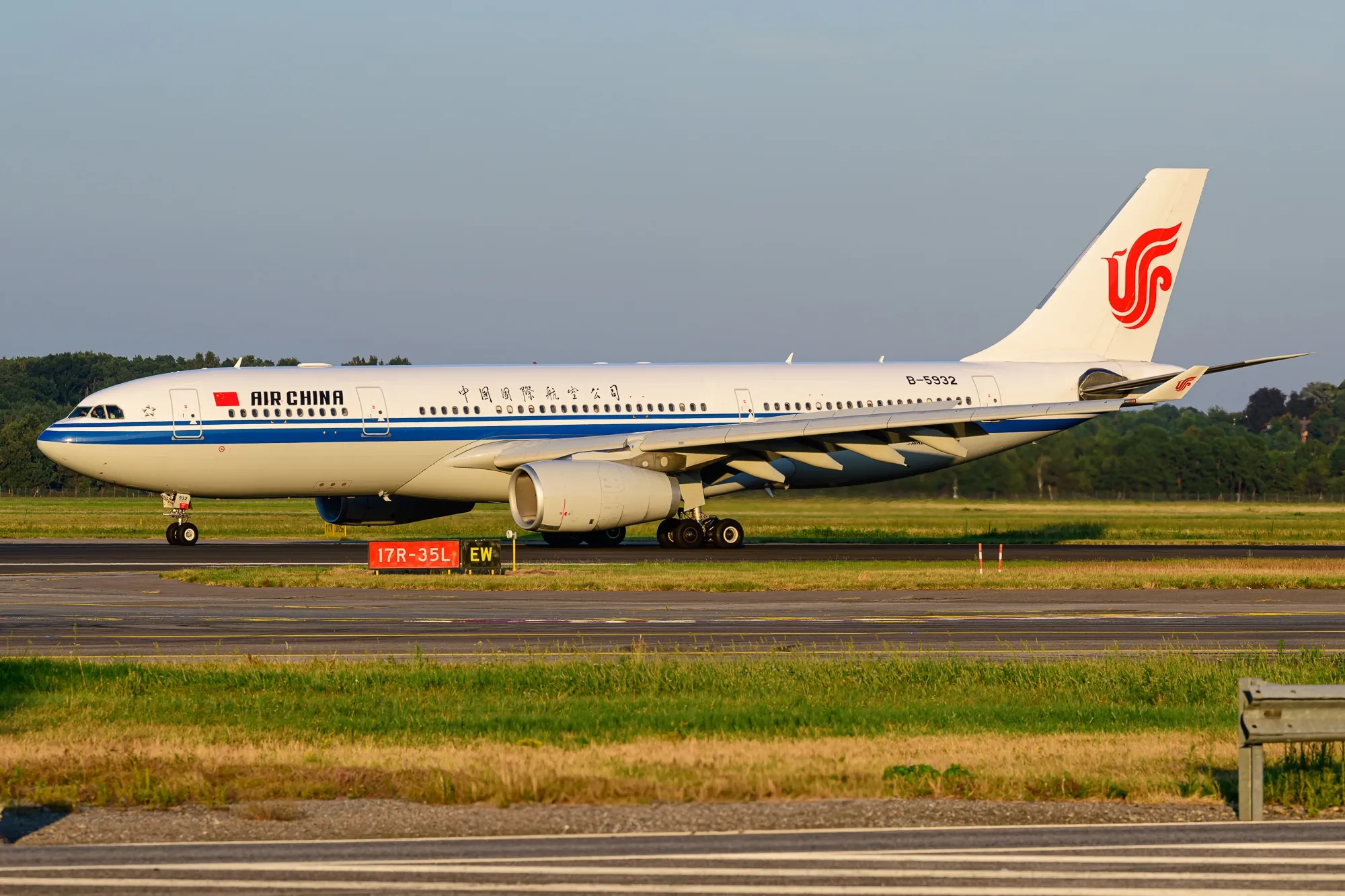
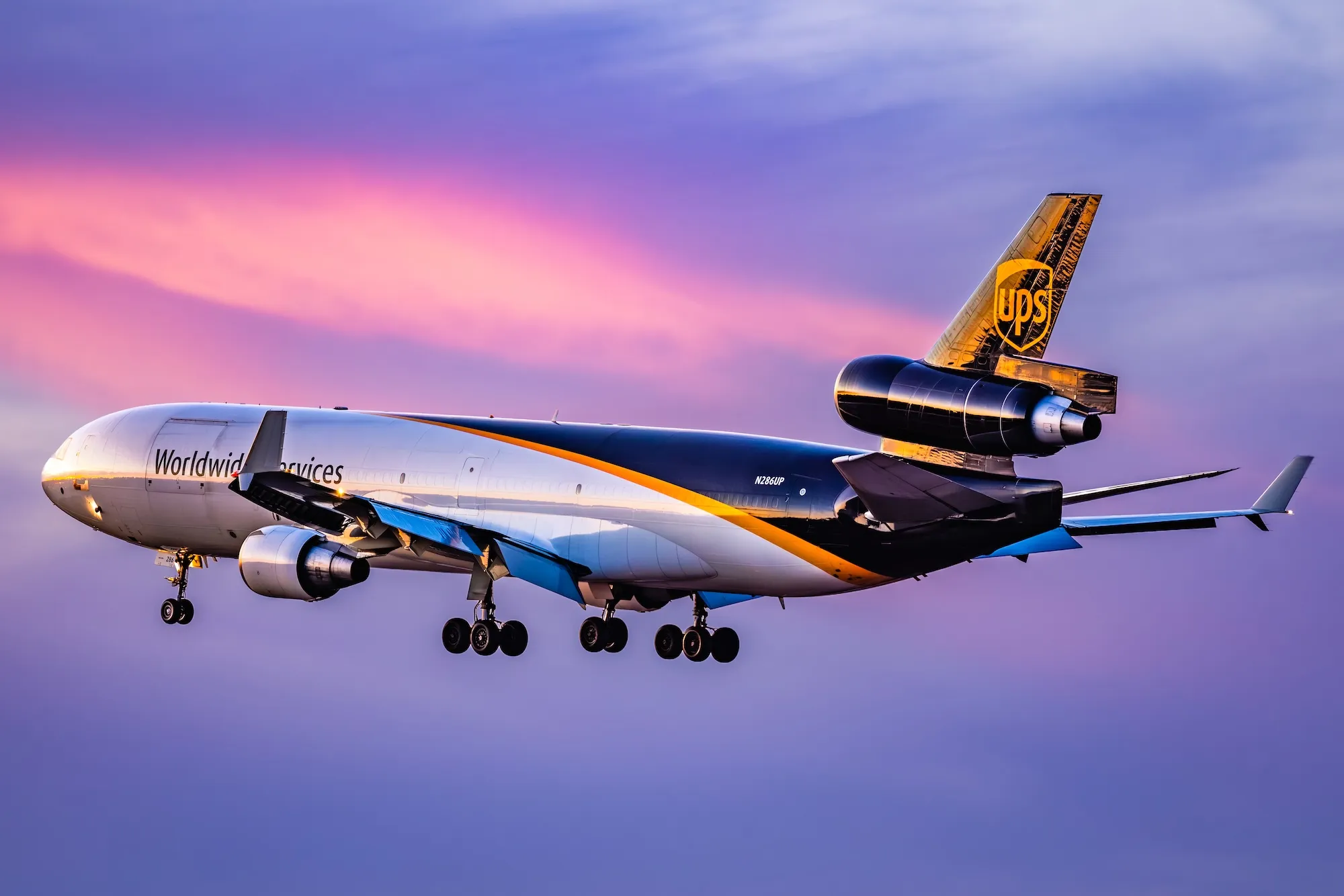
.webp)